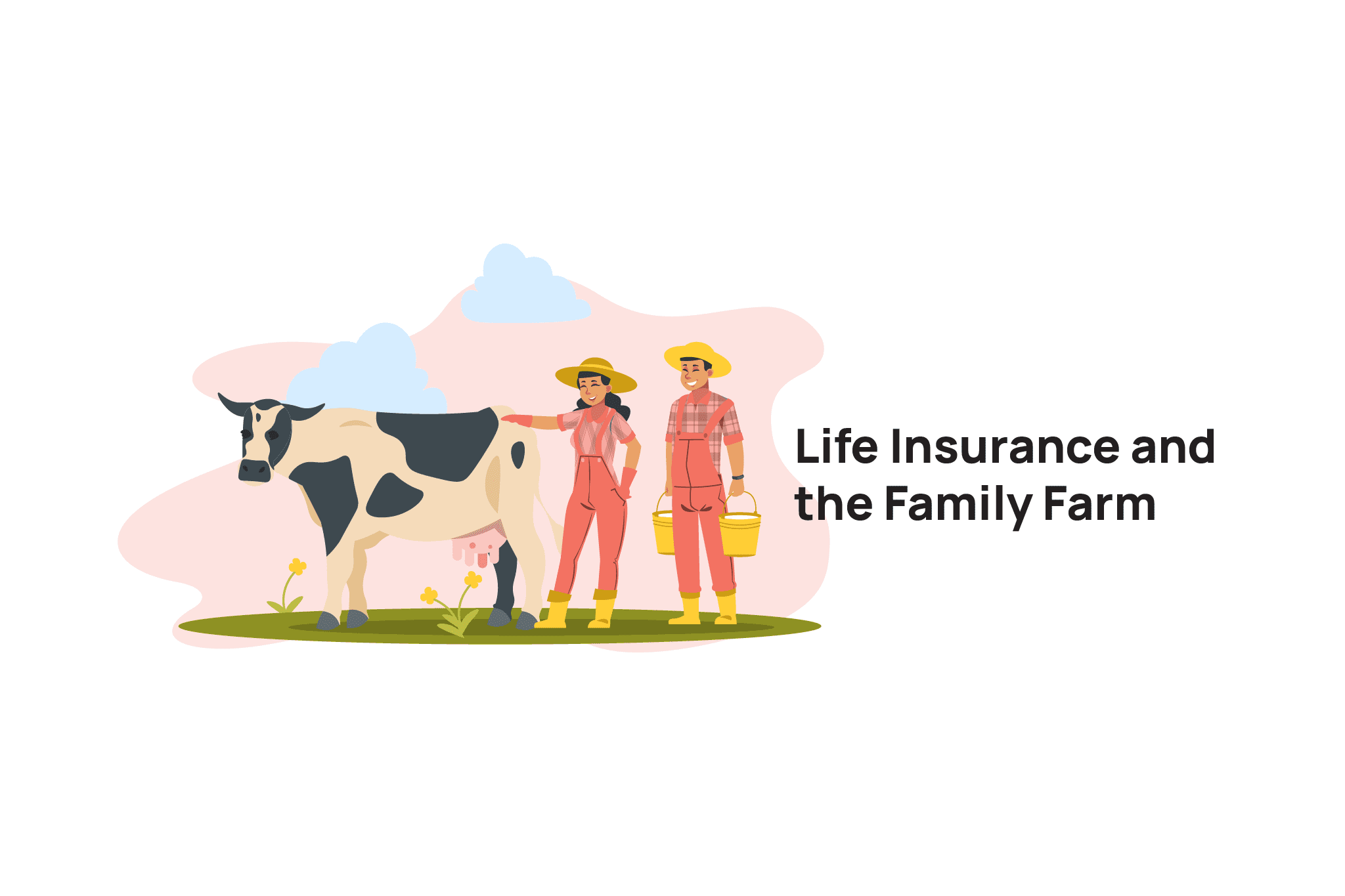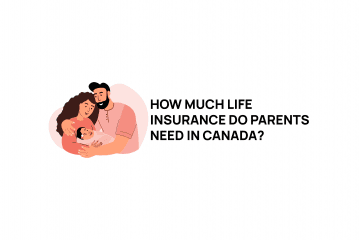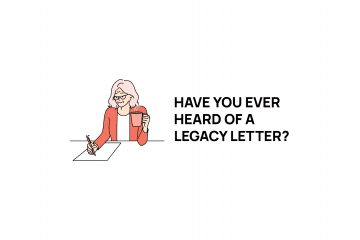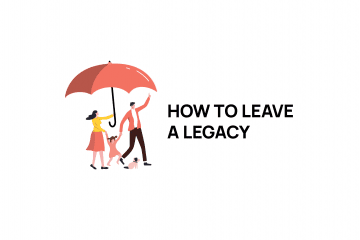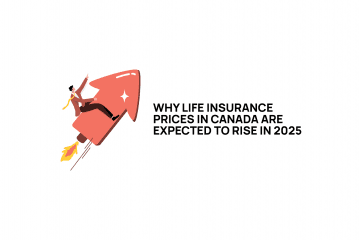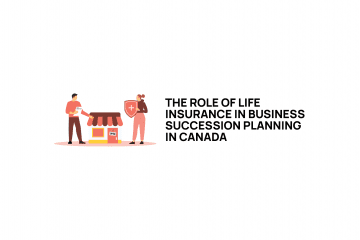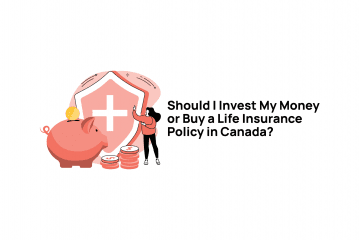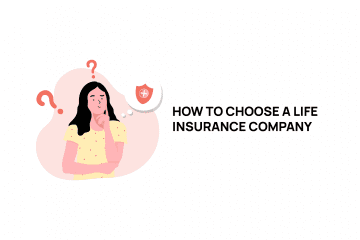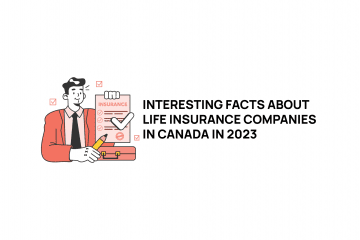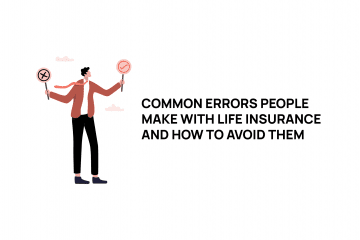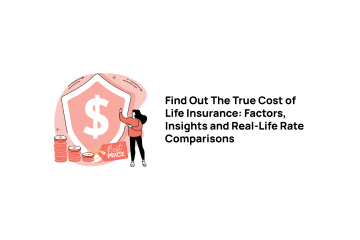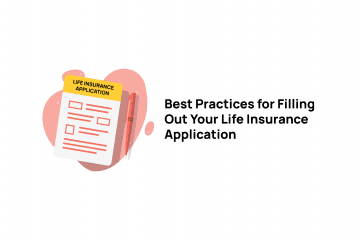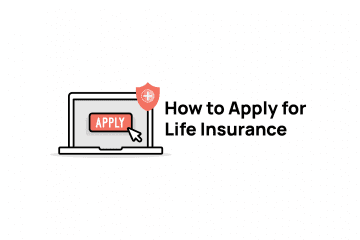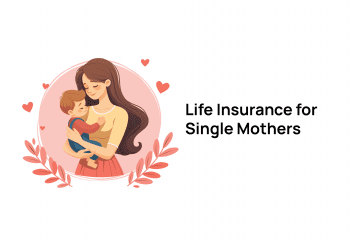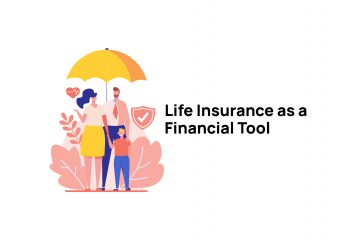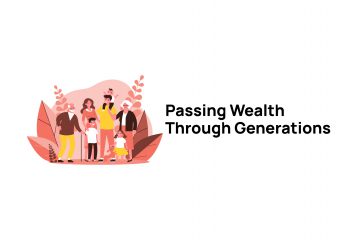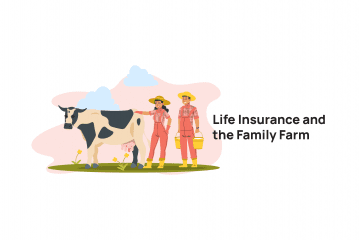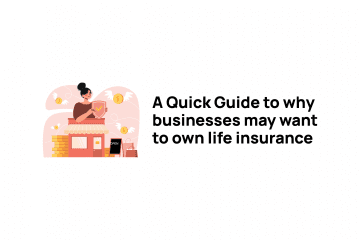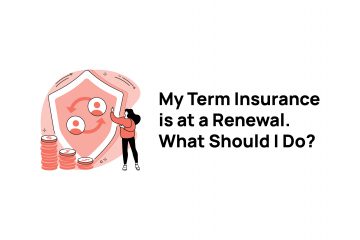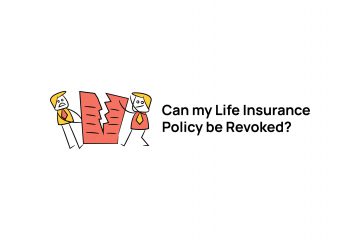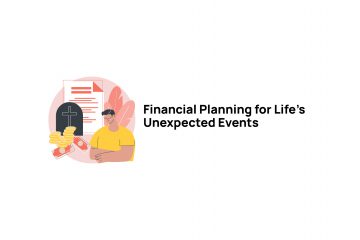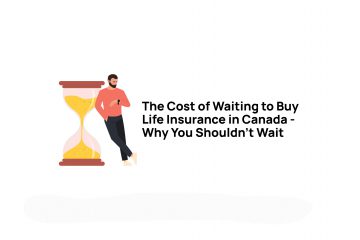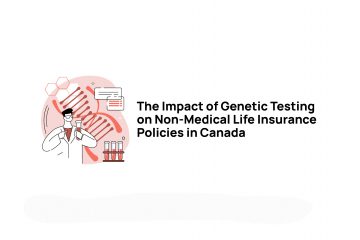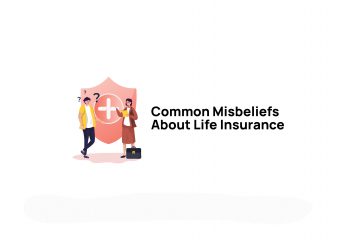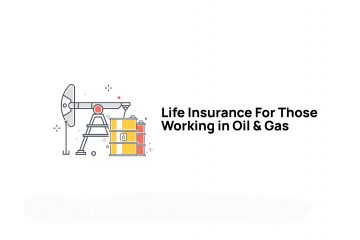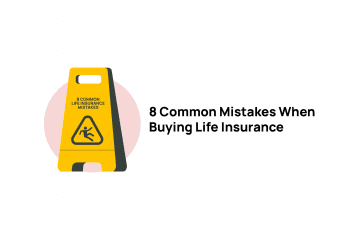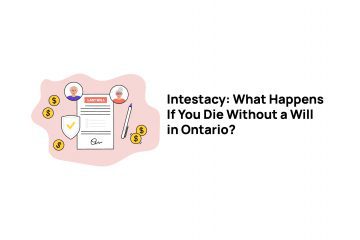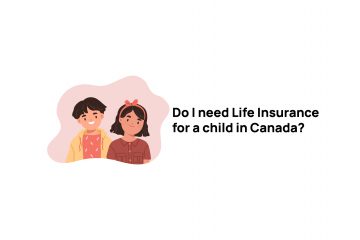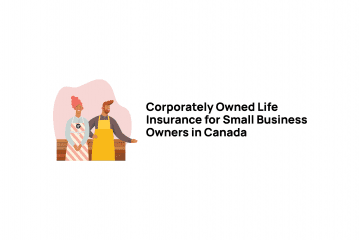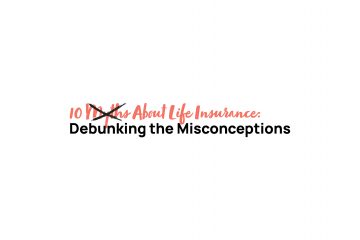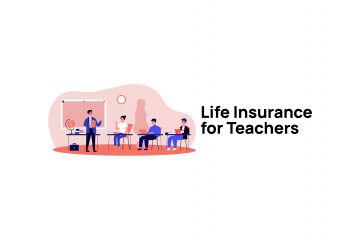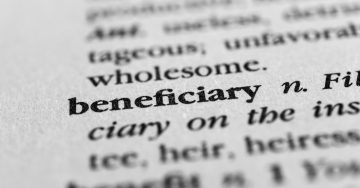If you own a family farming business and want to pass it on to future generations, you need to make sure that you take the time to think about how that affects your estate. Having a plan in place for how you would like to either pass the farm on at the time of your death or sell it prior to your passing away is essential. An important part of any type of succession planning discussion will include the role that life insurance will have in this process. If you have a child (or multiple children) who work at the business and your goal is to make sure that they are able to take over the operation of the farm in the future, having a well-thought-out plan that makes use of life insurance will really help with this. Let’s look at a few examples of how a solid life insurance plan can help with the transition of a family farm.
In This Article:
- How Life Insurance can help with Estate Equalization
- Scenario #1 – The Family Farm Being Passed Down at the Death of Current Owners
- How Life Insurance Can Help with Retirement Planning
- Scenario #2 – Using Life Insurance to Help Fund Retirement
- A Final Note
- Conclusion
How Life Insurance can help with Estate Equalization
The idea of equalizing an estate among your children can be a complicated family matter, particularly if you are in a situation where you have multiple children, but not all of them want to work in and carry on the family business. I often have conversations with families here where we work hard to make sure that everyone understands that the words fair and equal have different meanings. This is a lesson that I have strived to teach my own family. Just because something is equal doesn’t mean it’s fair and vice versa. Sometimes, this can be easiest to illustrate with a case study, so let’s set up a scenario.
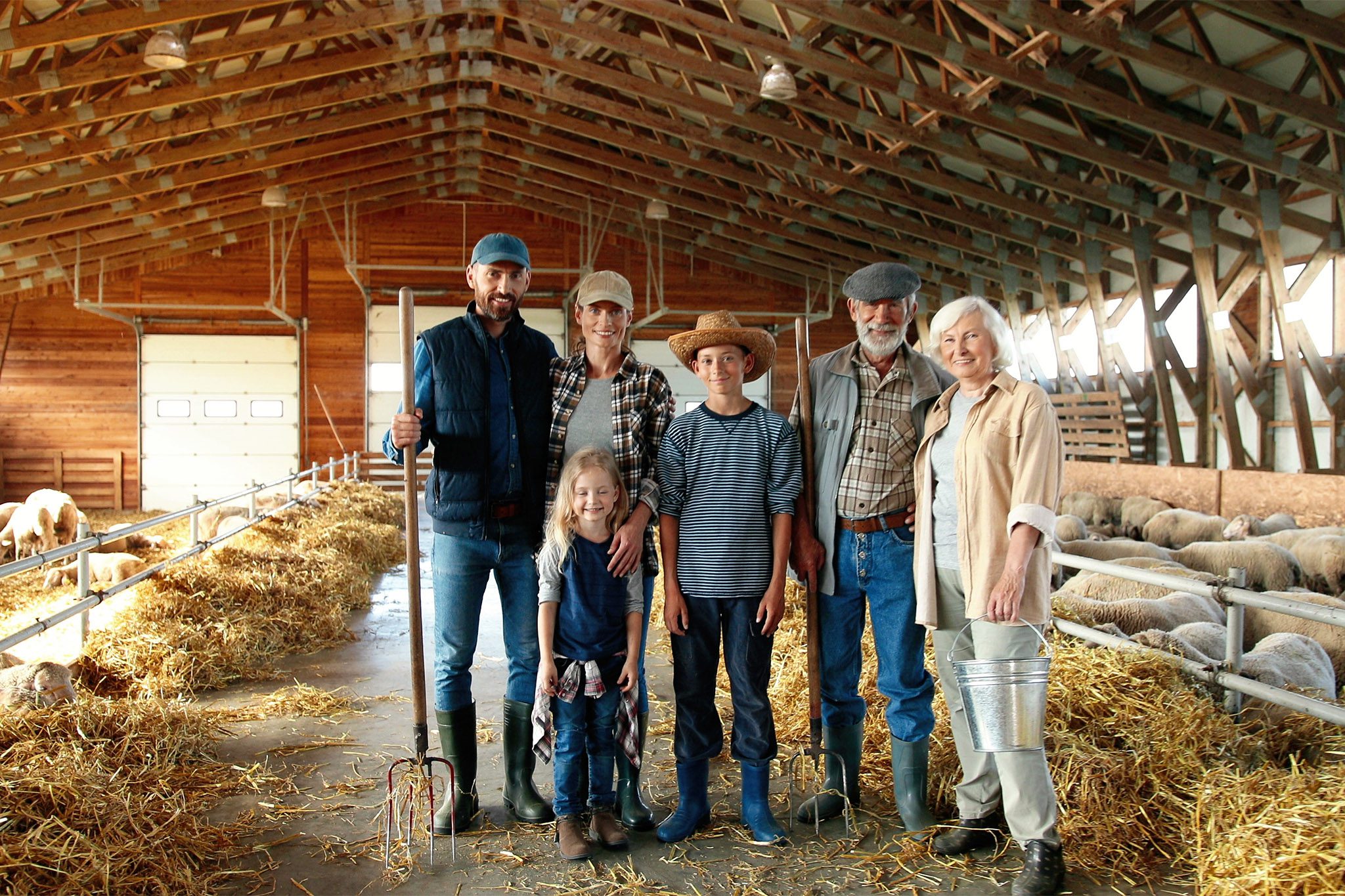
Scenario #1 – The Family Farm Being Passed Down at the Death of Current Owners
In this case, we have a farming business that has been passed on to multiple generations of a family. The current owner has four children. Three of them are not interested in working on the farm and have careers outside the farming industry. The fourth child, a daughter who is the youngest, has worked on the family farm since she graduated from university (probably the University of Guelph), which was more than 15 years ago. Like most farm operations, the business is very rich in assets, with the land it owns, in particular, being worth the majority of the business’s overall value. The parents who currently own the business want to make sure that the daughter, who has spent years working in the business, takes over 100% of the operation when they die. At the time that they die, we will assume that the business is worth $10 million. How can you proceed with estate planning?
- Firstly, remember the fair versus equal debate. If one child has worked in the business for 15+ years and the others have forged other paths, is it fair to split the value of the business into four and have each child inherit $2.5 million worth of the business? If this is the way that it is handled, the daughter who has been working there needs to come up with a way to buy out her sibling’s shares to control the operation even though she’s been the only one working on it for years. This is equal, but it doesn’t sound fair. The other option is that she is now 25% owner of a business where she is the only one who works in the business but needs to share the profits with others. Again, this is a situation that doesn’t sound super fair.
The parents understand this and want their daughter to inherit 100% of the farm operation so that she can continue running it after they die. They also have concerns that they simply can’t hand over an operation worth as much as their farm to one child and ignore the other three because that isn’t fair.
- As a solution to the problem, the parents purchase life insurance. The key to this is that the product needs to be permanent; it cannot be term coverage because you could outlive that, and it should be on a joint-last-to-die policy so that the funds pay out when the second parent dies and the shares of the business transfer.
The parents look at the state of the business, and they decide to purchase a life insurance policy with a $5.25 Million death benefit. The idea behind this is that it will provide each of the children who aren’t participating in the business with $1.75 million in cash, and the fourth child will receive 100% of the assets associated with the farm. The reason that the three other children receive less than one-quarter of the value of the business is that the parents understand that there has been sweat equity earned by their daughter with her many years working on the farm, and that needed to be recognized in the valuation of the estate equalization.
Get a free quote
How Life Insurance Can Help with Retirement Planning
As mentioned earlier, farming businesses tend to be rich in large, non-liquid assets. Land tends to be the biggest of these assets. While the potential for development of the land exists, and along with that, a potential financial windfall, if the idea is to continue operations as a farming business, there are trade-offs that need to be made. These businesses often have large debt loads, and servicing them makes saving for retirement difficult. Consider a situation where a farm is sold to the next generation of a family and how this can be set up in a way that is mutually beneficial to the selling generation as well as the purchasers.
Scenario #2 – Using Life Insurance to Help Fund Retirement
This is a situation where the parents who are selling the farm haven’t passed away. They are looking to retire, but, as was just mentioned, they’ve been unable to save a significant amount of money in a retirement account because of the nature of farming as a business. There are tax strategies available when transferring farm assets to future generations, so I am going to ignore potential income tax implications in this example (consult your tax professional, of course). The problem we are looking to solve is that the parents who are selling the farm need cash to be able to retire when they sell the farm to the next generation. This is a situation that is often going to involve two parts. The first part is a mortgage; the second is a life insurance policy.
- The mortgage – when the farm assets are transferred so that the subsequent generation can take over as owners, there is a mortgage taken out. The funds from this will help support the retirement of the existing owners.
- The life insurance – The kids who are buying the property would then take out a joint-first-to-die permanent life insurance plan on their parents. The death benefit should be equal to the mortgage amount (plus any interest owed), and assuming that a corporation exists, the farming corporation owns the policy, pays the premiums, and is the beneficiary of the policy. When the first parent dies, the corporation can use the cash from the insurance policy to eliminate the mortgage. Essentially, what this creates is a situation where the cost of funding the retirement of the parents is the total amount of the life insurance premiums that are paid.

A Final Note
As you see here, the idea of permanent insurance pops up when we are talking about any type of estate planning. If you choose to utilize a permanent coverage that has cash values associated with it, your farm corporation can have another valuable asset at its disposal. The ability to access the cash values from inside the policy in the form of partial surrenders or cash loans can be a really valuable tool for permanent life insurance owners. This is an aspect of permanent policies that is sometimes overlooked but should not be underestimated for its value. The reason is simple. You can access a cash loan from a life insurance policy without a credit application. This means that it is always available to you. One of my pet peeves is that I regularly get emails or letters from banks offering me credit lines with no questions asked. When I don’t need the money, it is readily available; if I run across an opportunity where I need to ask them for money, though banks want to run through business financial statements with a fine tooth comb. So when I want credit, they make me jump through hoops to get it; if I didn’t ask for it, I can have it simply by replying to an email. This is not the cash with a cash loan from an insurance policy. If you run across an emergency or opportunity and need to get some extra money, all you do is contact the insurer, and the funds are on the way; in a business where cash flows are inconsistent, like farming, the ability to access cash quickly and easily should not be overlooked as to how valuable that is.
Conclusion
We looked at a few examples of how you can use life insurance as a tool for passing down the family farming business from one generation to the next. People typically don’t understand the value of permanent life insurance as an estate planning tool. This type of insurance can be explained as a plan that guarantees a future infusion of tax-free cash at a discounted price. You don’t pay dollar-for-dollar for life insurance death benefits. This makes life insurance far and away the most efficient way for you to plan for your estate. Talk to an advisor today about ways that you can utilize this powerful tool.
